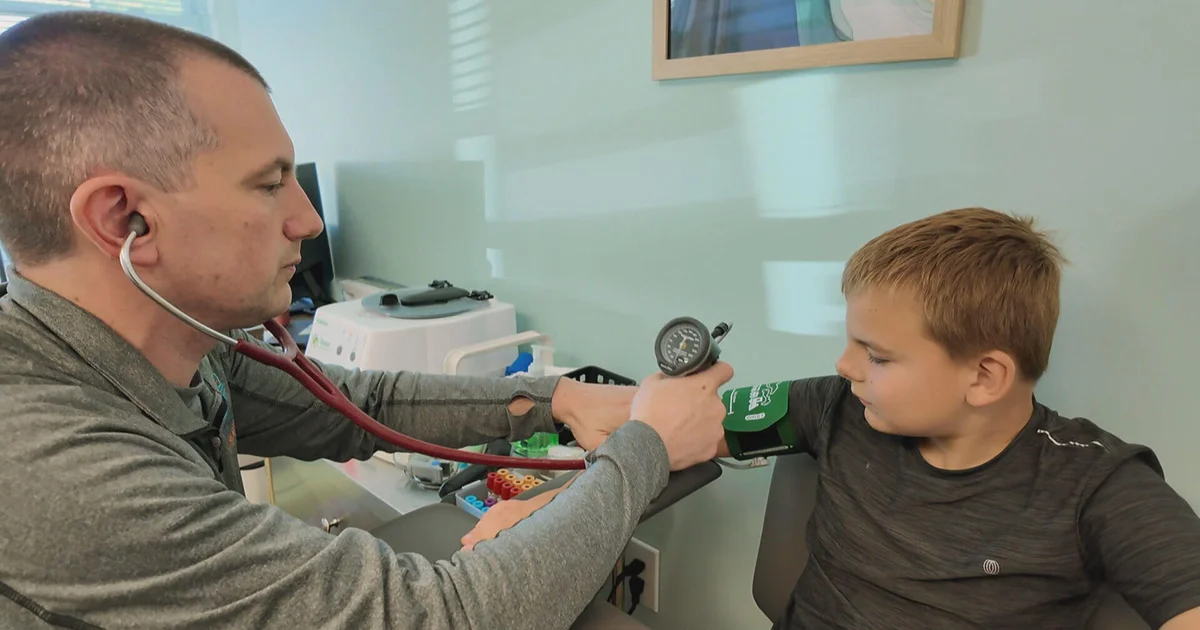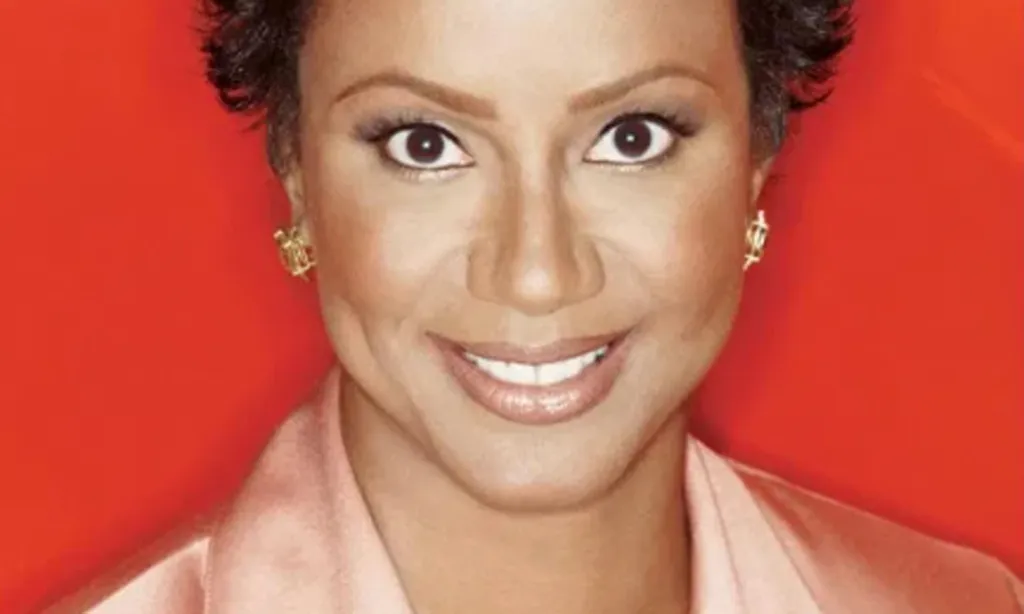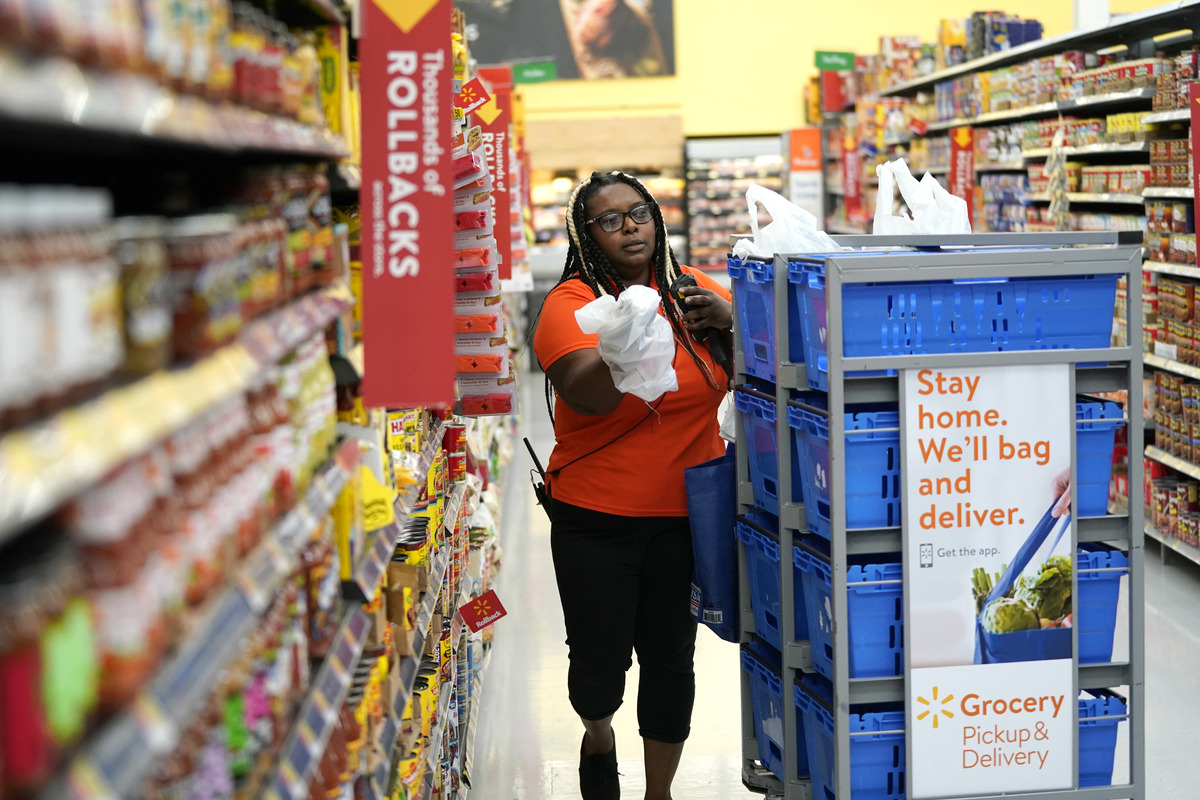Copyright CBS News

In Bangor, Maine, Geoff Clarke has something a lot of Americans do not: high praise for his recent health care checkup. "If I was doing it in a dream, it was exactly like my dream," Clarke told CBS News. Clarke is a new patient of Alley and Brad Tuttle, a husband and wife team who've started Apotheosis Health, offering what's known as direct primary care. In this alternative care model, patients pay a regular fee in exchange for unlimited access to certain medical services, while cutting out insurance as a middleman. Direct primary care has exploded in the last decade, going from 140 practices to nearly 3,000 in the United States, according to data from the Journal of the American Board of Family Medicine and DPC mapper. For less than $100 a month, Apotheosis Health patients get the basics, including physicals, blood tests, discounted prescriptions and a patient-first attitude. "Kind of going back to the family doctor feel, where you go in, you're not rushed, really develop that relationship," Brad Tuttle told CBS News. One-third of Americans do not have a primary care provider, according to the National Association of Community Health Centers, which drives up chronic disease rates, hospitalizations and late diagnoses. "A lot of cancer is preventable with screenings, mammograms, colonoscopies. If you don't have a primary care provider ordering these things for you, they're not getting done," Alley Tuttle said. About a quarter of all health care visits in the U.S. are now delivered by non-physicians, including nurse practitioners like Alley, along with physician assistants, according to Harvard Medical School. "If your issues are complex, you need to see a specialist for that. Most things, though, can be addressed here," Alley Tuttle said. For Dani Cotou, who was diagnosed with leukemia last year, the Tuttles provide exactly what she feels she needs. "I feel that I'm the driver and they're my co-pilots," Cotou told CBS News. Plus, in an age of physician burnout and with relentless patient quotas to be met, the Tuttles say this approach is not just good for the patients, but also good for the providers. "It increases a work-life balance for providers, and that's why we're here, is we have three kids and we'd like to spend some time with them," Brad Tuttle said.



